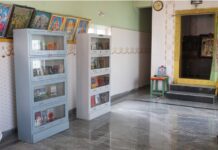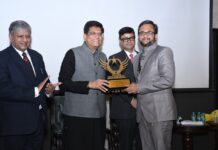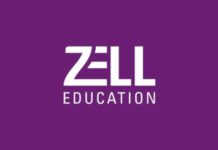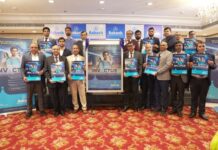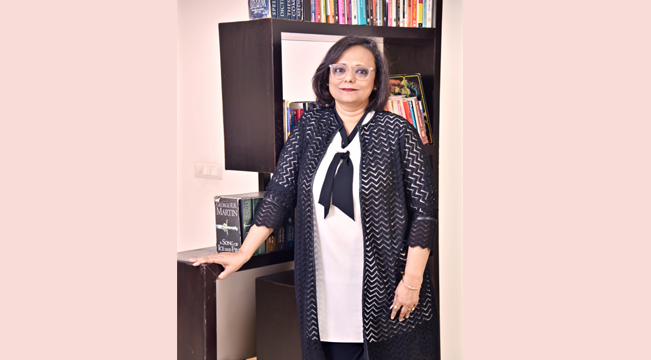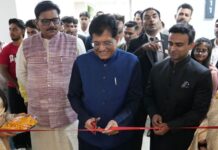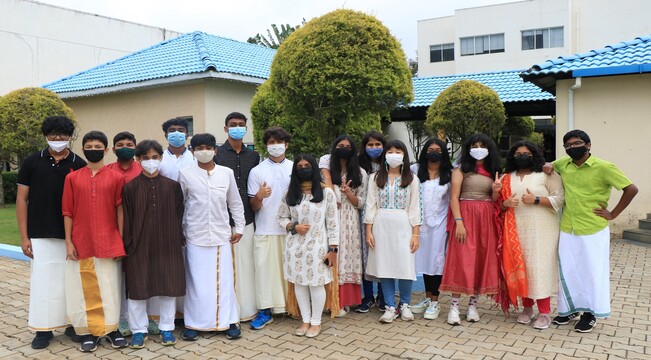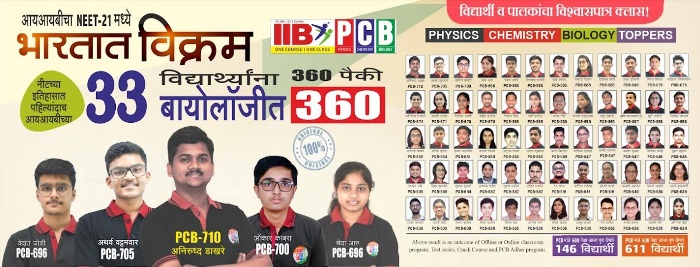- Please elaborate Turnitin’s objectives to promote honesty, consistency, and fairness across all subject areas and assessment types?
Academic integrity and fairness are fundamental toenhance the quality of education and positively influence the development of the younger generation. Building a culture of honesty and ethical practices in the early stages and throughout a student’s learning journey, will help them gain a sense of accountability, take ownership of their work and develop into citizens of integrity.
With education moving online in 2020 after the pandemic wreaked havoc around the world, educators no longer had the benefit of interacting with students in physical classrooms. This posed a new set of challenges for educators to monitor student progress, conduct thorough assessments and manage the integrity of examinations.
Moving forward, a hybrid learning environment is touted as the preferred approach that education institutions are likely to embrace, meaning that thechallenges and opportunities of online learning will remain highly relevant. This has further stressed the need for educators and institutions to cultivate integrity at every level of education, to help students develop honest learning practices and become competent individuals equipped with the required knowledge and confidence to step out into the world.
At Turnitin, our mission is to ensure the integrity of global education and meaningfully improve learning outcomes. We do this by helping educators instil and inculcate integrity as a guiding philosophy to help students achieve their best, original work. We have partnered and collaborated with many educational institutions in India to promote honesty, consistency, and fairness across all subject areas and assessment types. Our ethos is centred on empowering educators andstudents alike, and we strive to support institutions in producing high-quality graduates, protecting their reputation and extending their competitive reach in the education landscape.
- What are the key reasons that drive students to engage in academic dishonesty?
There are multiple factors that drive students to engage in academic dishonesty. In India, among the main causes are family and societal pressures to be accepted into competitive and accredited institutions for higher learning. Peer pressure also plays a significant role as it can create a fear of failure and pushes them to take shortcuts to excel in exams. Students tend to go down this route without realising the consequences of dishonesty on their academic journey and the impact it can have on their professional career and growth.
It’s equally important to note that not all acts of misconduct are deliberate. We haveobserved that many students fall into behaviours such as plagiarism and collusion due to skill and knowledge gaps when applying their learning. A lack of confidence and guidance in paraphrasing and citations for instance, leads to problematic shortcuts to learning, in order to obtain the desiredgrades. Whether the misconduct is deliberate or unintentional, early intervention from educators is key to addressing it.
- One of the most prominent forms of dishonesty is contract cheating. What are the essential steps to prevent this in remote learning?
Contract cheating occurs when a student engages a third-party to complete assignments and submits them as his or her own. The rapid shift to online learning has seen an increase in contract cheating, mainly driven by some students’ sense of isolation and lack of proper guidance in a remote setting, and the decreased visibility in a virtual classroom that reduces the perceived risk of getting caught. Here are some steps to consider in order to combatcontract cheating:
- Define contract cheating clearly for remote and in-classroom learners, by including contract cheating as an act of misconduct in the institution’s academic integrity policy and honour code . This enables students to understand that while contract cheating is different to copy and paste plagiarism, it’s still a serious form of academic misconduct.
- Build an enriching support system for students to fall back on when they are struggling, and establish a teacher-student learning rapport to discuss challenging issues like the scope and impact of academic dishonesty.
- Provide positive feedback and regular one-on-one interaction with students to make them feel heard and seen at all times. Students who feel you have prioritised their needs are less likely to turn to cheating providers for help.
- Utilisea range of learning tools and methods to address specific student learning needs and encourage students to deliver original work. This includes recorded lectures, transparency in assessment rubrics, timely grading feedback and videoconferencing and other communication tools.
- What should the principal ingredients be for purposeful education?
Purposeful education refers to teaching or learning with the intent to develop competent, capable global citizens who possess the knowledge and critical thinking skills required to uplift the community and economy. Its success is dependent upon honest student participation, with learning sessions delivered by teachers who enable them to see the bigger and meaningful picture in every learning outcome.
Instilling the ethos of hard work in students to drive them to produce original and thoughtful work will help enhance their problem-solving skills and ability to apply their learning. Honesty, integrity and originality of work are the pillars of purposeful learning and enable students to acquire the necessary knowledge, ethicality and discipline for within the classroom and beyond.
- In remote learning, assessments are crucial to gauging student learning capabilities. How can educators ensure better assessment applications to get a more accurate indication of a student’s progress?
Assessments are created with the intent of ascertaining students’ higher-order thinking through creative evaluation tools to ensure that no one is neglected or has an unfair advantage. To deliver assessments with integrity, educators must first identify common academic integrity challenges. Issues such as student collusion, impersonation, cheat sheets, electronic devices and plagiarism are cases in point that often pose challenges to assessments.
Higher learning institutions must also embrace assessment tools that are designed to build, administer, and grade various types of assessments. The tools should also be effective in reducing grading time and feature real-time statistics for instructors to provide instant and actionable feedback on a student’s progress.
- What are the unique features that make Turnitin stand out in the market in relation to tackling demanding situations related to plagiarism and educational integrity?
In our quest to empower educators to take critical steps to encourage students to produce their best, original work, we offer a number of software solutionsembraced by educational institutions across the world, to uphold integrity and enhance learning outcomes. .
Turnitin Similarity is a popular Turnitin tool used by higher learning institutions to identify text similarity and possible plagiarism in student submissions. It features our flagship Similarity Report, which allows educators to do a comprehensive, instant check of students’ work against existing content.
Turnitin Originality is the new standard in academic integrity, designed to address the authenticity of student work and emerging trends in academic misconduct. It helps educators detect and investigate acts of misconduct such as code plagiarism, text spinning, and contract cheating.
Another key piece of technology that distinguishes Turnitin is our Feedback Studio solution, designed to turn plagiarism and related misconduct into a teachable moment. It supports educators in the provision of formative feedback and streamlining of assignment grading, to nurture writing excellence and uphold academic integrity. Furthermore, we’ve recently introduced Turnitin Draft Coach, which puts power in the hands of students to improve their academic writing and research skills, by providing instant feedback where they write.
- India has one of the largest networks of higher education institutions in the world. However, there is still a lot of potential for further development in the education system. What are the challenges you see and how these can be resolved?
Indian institutions are growing in stature and are setting higher-quality benchmarks for themselves, with the vision of competing with the best universities and institutions around the world. They also recognise that to be among the best in the world, an institutionmust lay a solid learning foundation that upholds academic integrity. The pandemic transitioned education into the online sphere faster than anybody could anticipate, promptingeducators to adapt to new technology tools, and curb dishonest practices that hinder holistic and honest learning.
Although technology plays a key role in bridging critical gaps and divides, higher learning institutions need to work towards building an institution-wide culture that strengthens students’ mindset to recognise what constitutes academic integrity and why it’s important. Furthermore, institutions must expand their technological horizons and apply best-in-class anti-plagiarism and contract cheating prevention tools plus assessment integrity mechanisms, to validate learning outcomes and the graduates they produce. .
Early and ongoing investment by institutions to educate students on sound academic practices and empower them to make honest, responsible choices throughout their academic journey, is the key to raising the standard of education and realising India’s collective vision.
Corporate Comm India (CCI Newswire)





